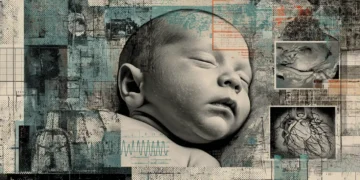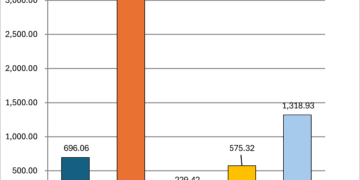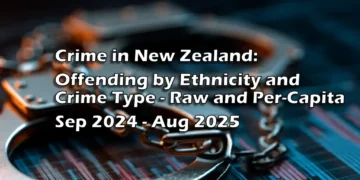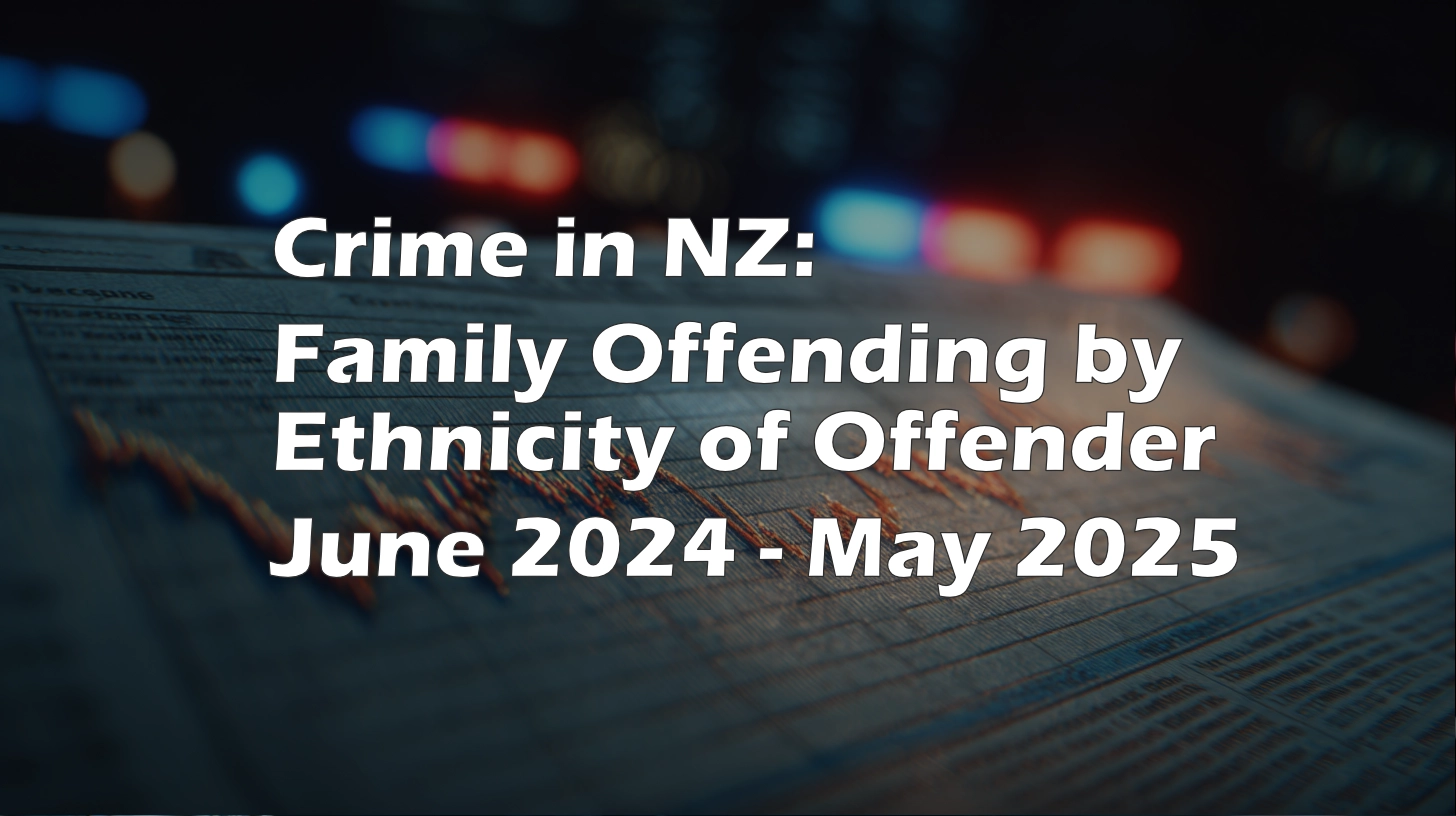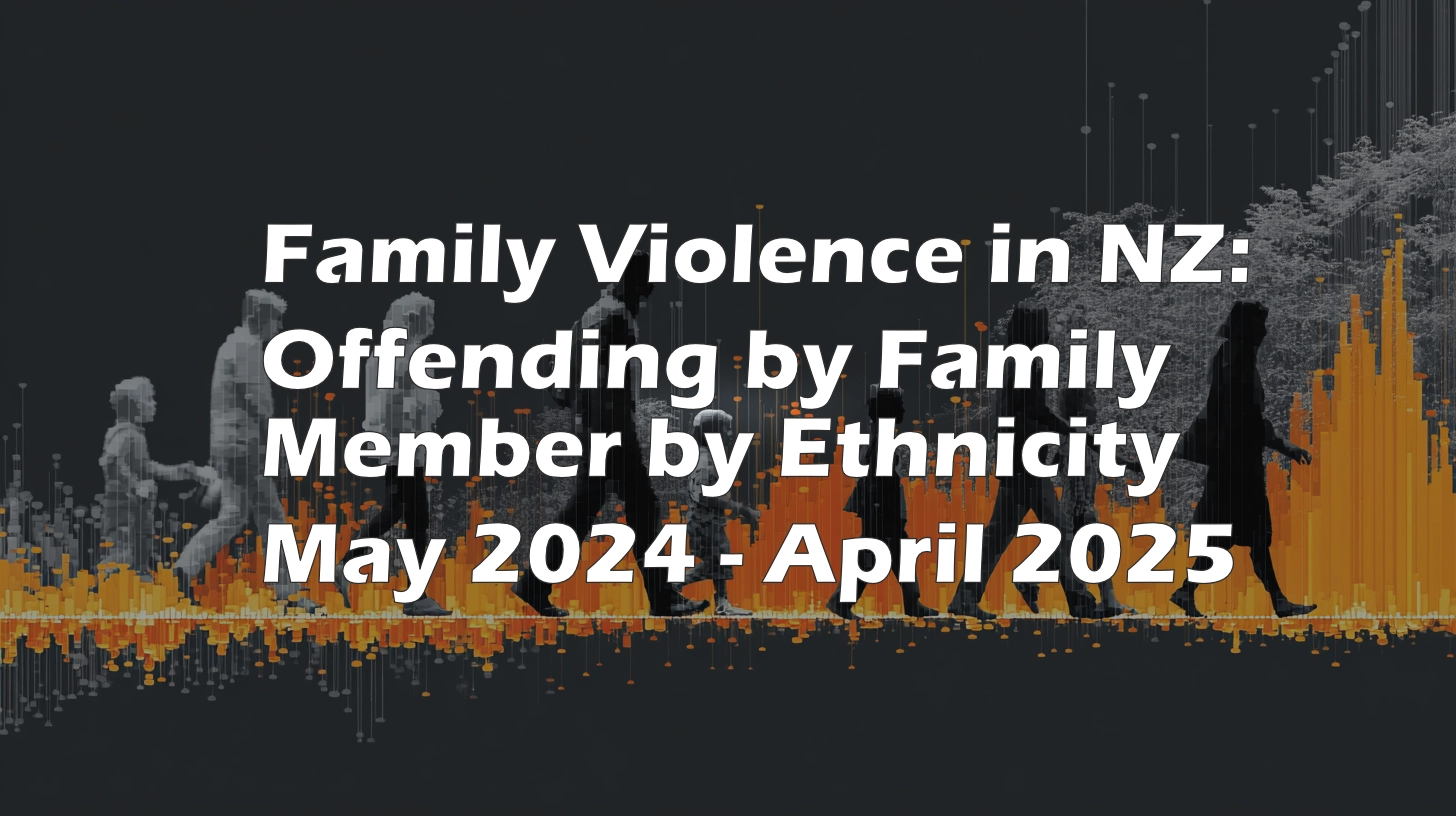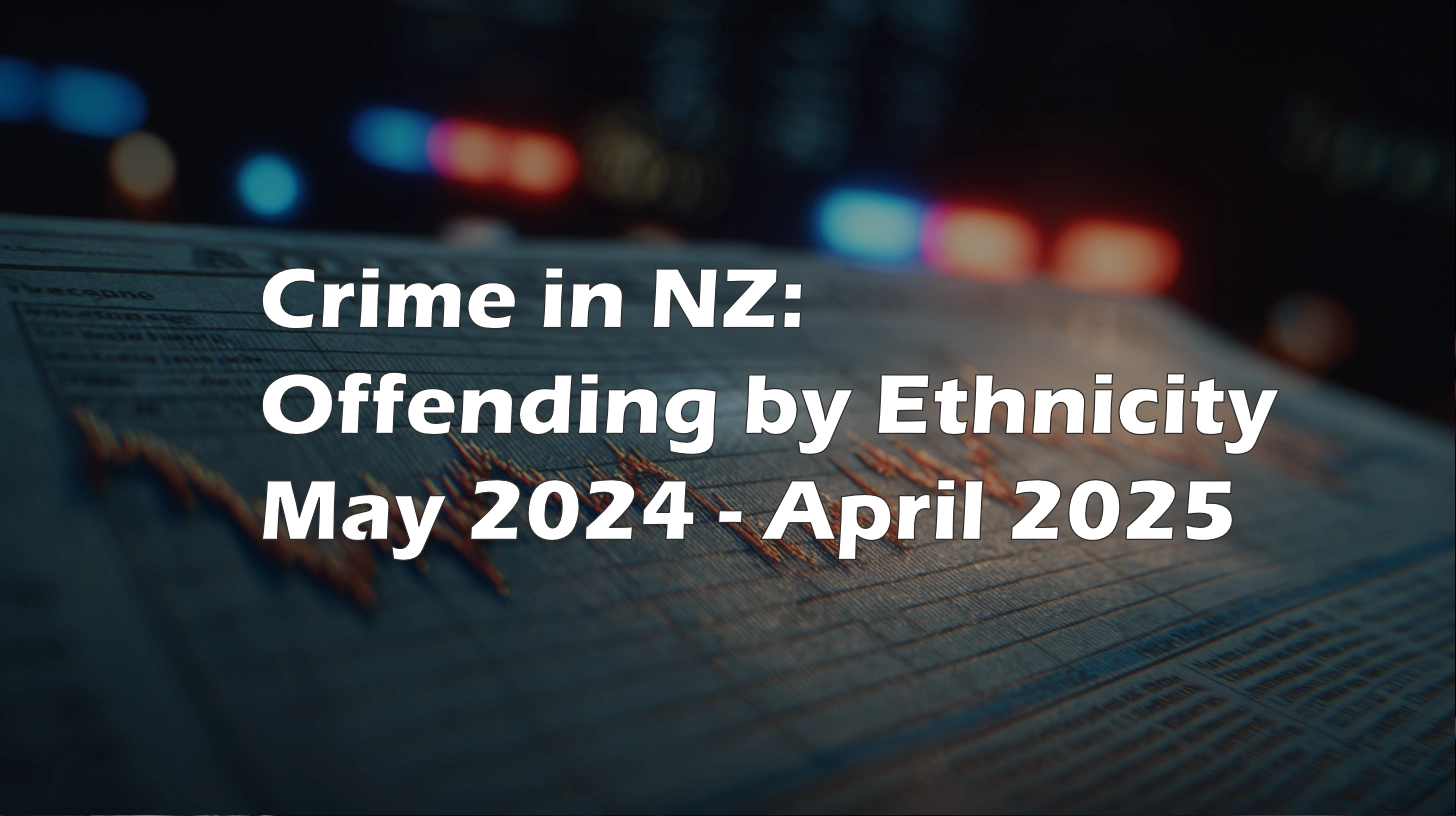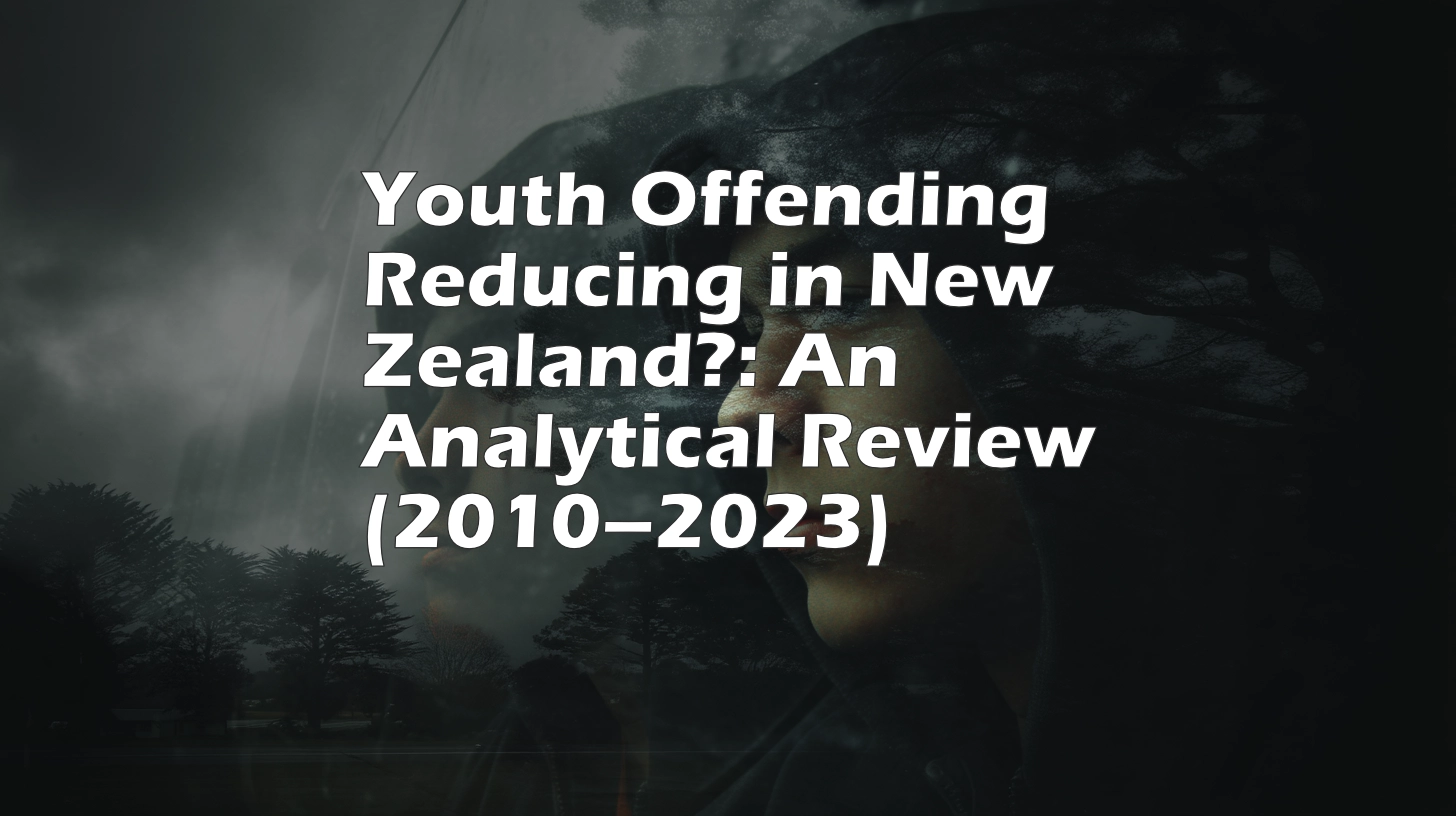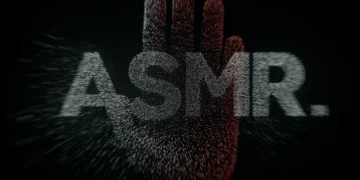In recent years, the term “wokeness” has become a cultural buzzword, often wielded as both a badge of honor and a point of contention. Its roots, evolution, and impact on various societal discussions, especially those surrounding gender, offer a rich tapestry for analysis. This article delves into the origins of wokeness, provides a gender-critical perspective, examines the tensions between wokeness and gender realism, and explores its cultural ramifications today.
Exploring the Roots of Wokeness in Modern Society
The concept of “wokeness” originates from the African American Vernacular English expression “stay woke,” which urged awareness of racial and social injustices. Over time, this call for vigilance evolved into a broader social movement, encompassing various forms of inequality and discrimination. The modern interpretation of wokeness seeks to highlight and address systemic issues, advocating for marginalized communities and promoting social justice across the board.
This evolution has been fueled by the proliferation of social media platforms, where information and opinions spread rapidly, creating a new landscape for activism. These platforms have democratized voices, allowing grassroots movements to gain momentum and influence mainstream discourse. Consequently, wokeness has become intertwined with identity politics, where personal and collective identities play a significant role in shaping societal narratives.
However, the rapid evolution and expansion of wokeness have not been without controversy. Critics argue that the movement sometimes prioritizes performative activism over substantive change, leading to a dilution of its original intent. The term itself has been co-opted and, at times, weaponized, used to dismiss or undermine legitimate calls for social reform.
Despite these challenges, the roots of wokeness in modern society reflect a profound shift in how individuals and communities engage with issues of power, privilege, and justice. As it continues to evolve, understanding its origins is crucial for navigating its current and future impact.
Unpacking the Gender-Critical Perspective on Woke
The gender-critical perspective offers a unique lens through which to examine wokeness, particularly in the context of contemporary gender debates. This viewpoint often challenges the prevailing narratives around gender identity, focusing on biological sex as a fundamental determinant of gender. Gender-critical feminists argue that wokeness, in its current form, tends to blur the lines between sex and gender, which can undermine efforts to address sex-based oppression.
From a gender-critical standpoint, the emphasis on gender identity over biological sex can obscure the material realities faced by women and girls. For instance, the inclusion of transgender women in female-only spaces, such as sports and shelters, is a contentious issue. Gender-critical advocates argue that such policies can compromise the safety and fairness intended for biological females, raising questions about the balance between inclusivity and sex-based rights.
Moreover, gender-critical voices often express concern over the impact of wokeness on free speech and open debate. The pressure to conform to certain ideological positions stifles dissenting opinions, leading to a culture of self-censorship. This dynamic is seen as antithetical to the principles of open inquiry and rigorous debate, which are essential for a healthy and vibrant society.
Despite these criticisms, proponents of wokeness argue that it is an essential tool for challenging entrenched power structures and promoting equality. The gender-critical perspective, however, calls for a more nuanced conversation that acknowledges the complexities of gender and the need to balance competing rights and interests.
The Clash Between Wokeness and Gender Realism
The tension between wokeness and gender realism is a focal point in contemporary gender discourse. Gender realism, which emphasizes the biological and immutable aspects of sex, often finds itself at odds with the more fluid and subjective interpretations promoted by wokeness. This clash is emblematic of a broader cultural struggle over the definitions and boundaries of gender.
One of the most visible arenas for this conflict is the debate over transgender rights and recognition. While wokeness advocates for the affirmation of self-identified gender, regardless of biological sex, gender realists caution against policies that disregard the distinctions between male and female bodies. This tension is particularly pronounced in areas such as healthcare, education, and legal recognition, where policy decisions have far-reaching implications.
The clash also extends to language and terminology, with wokeness encouraging the adoption of gender-neutral and inclusive language. Gender realists argue that such changes can obscure important distinctions and create confusion, particularly in fields like medicine and science, where precise language is crucial. This linguistic debate highlights the broader cultural divide over how society understands and communicates about gender.
Despite the polarization, there is a growing recognition of the need for dialogue and compromise. While the clash between wokeness and gender realism is unlikely to be resolved easily, continued engagement and discussion are necessary to navigate the complexities of gender in a rapidly changing world.
Navigating the Cultural Impact of Wokeness Today
The cultural impact of wokeness is pervasive, influencing everything from media representation to corporate policies. This influence is evident in the increasing visibility of diverse voices and stories in film, television, and literature, as well as in the push for greater inclusivity and diversity in workplaces and institutions. Wokeness has reshaped cultural norms, challenging traditional power structures and advocating for a more equitable society.
However, the cultural impact of wokeness is not without its critics. Some argue that it has led to a culture of “cancel culture,” where individuals and organizations are swiftly judged and ostracized for perceived transgressions. This phenomenon raises questions about the balance between accountability and forgiveness, as well as the potential for wokeness to create a climate of fear and conformity.
In addition, the global reach of wokeness has sparked debates about cultural imperialism and the imposition of Western values on non-Western societies. Critics caution against a one-size-fits-all approach to social justice, advocating for a more context-sensitive understanding of local cultures and traditions. This tension highlights the need for wokeness to adapt and evolve in response to diverse cultural contexts.
Ultimately, navigating the cultural impact of wokeness today requires a nuanced and balanced approach. While wokeness has undoubtedly contributed to positive social change, it also presents challenges that must be addressed. By fostering open dialogue and critical reflection, society can harness the potential of wokeness while mitigating its unintended consequences.
As wokeness continues to shape the cultural and social landscape, it remains a subject of intense debate and scrutiny. The gender-critical perspective provides a valuable counterpoint, challenging prevailing assumptions and advocating for a more balanced approach to gender discourse. By exploring the roots, tensions, and cultural impacts of wokeness, this article highlights the complexities and nuances of a movement that is both celebrated and contested.







